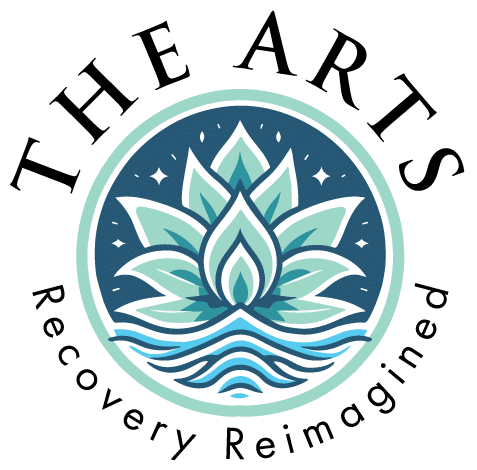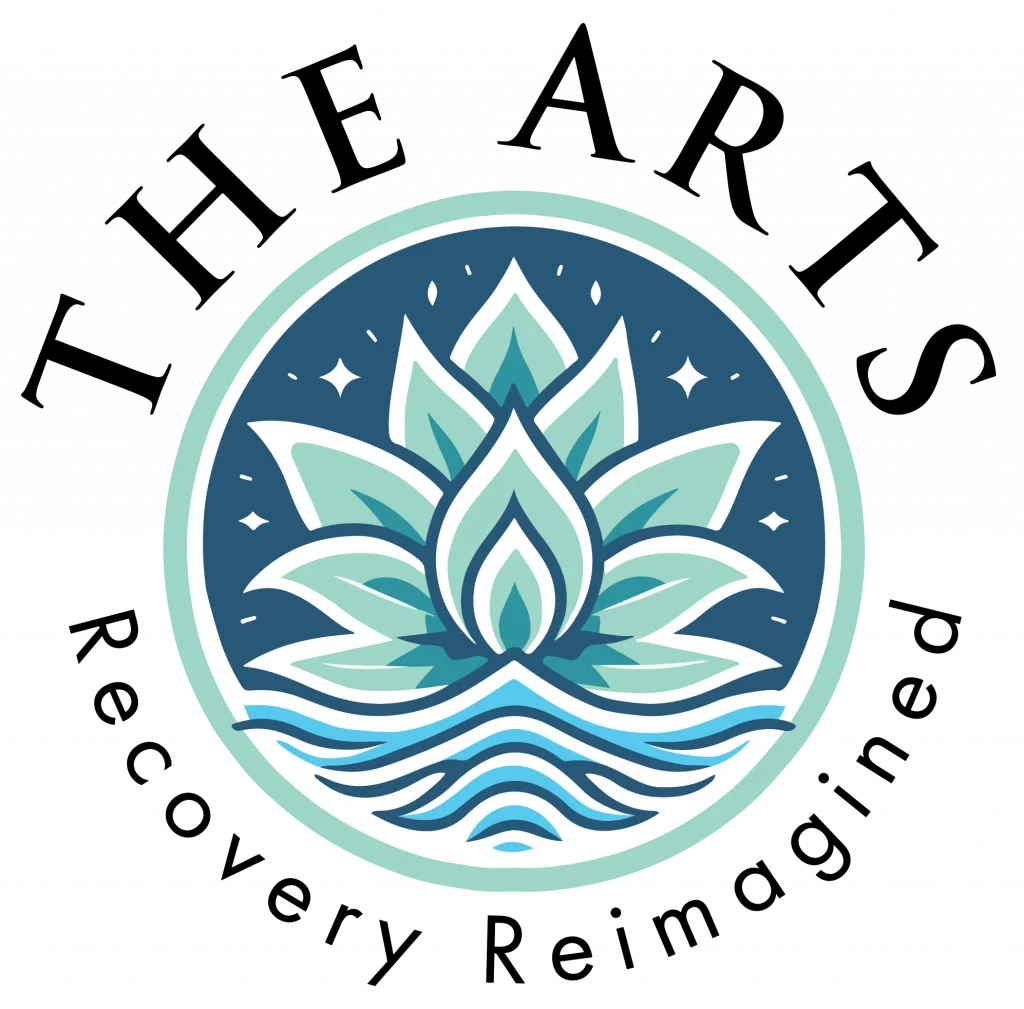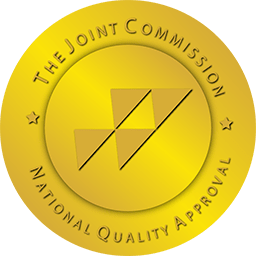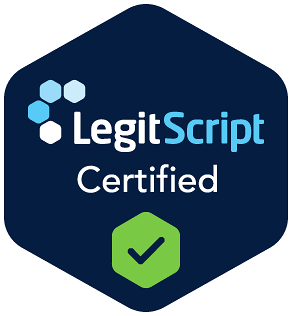The renowned 12-Step program’s powerful approach has been instrumental in helping countless individuals overcome addiction and reclaim control over their lives.
You might have encountered this program through well-known organizations such as Alcoholics Anonymous (AA) and Narcotics Anonymous (NA), but what are the 12 steps?
Let’s demystify each step, discuss their underlying principles, and reveal how they can serve as a roadmap toward lasting recovery and personal growth.
What Are the 12 Steps?
The 12 steps are guiding principles initially outlined in the book “Alcoholics Anonymous” (also known as The Big Book) in 1939.
These principles have since been adapted to address various types of addiction and have become the foundation for many self-help groups, such as Alcoholics Anonymous (AA), Narcotics Anonymous (NA), and others.
Below is a summary of the 12-Steps:
- Admitting powerlessness over the addiction
- Believing that a higher power can help you restore sanity
- Deciding to turn one’s will and life over to that higher power
- Conducting a moral inventory of oneself
- Admitting to oneself, another person, and the higher power the nature of one’s wrongs
- Becoming ready for a higher power to remove your character defects
- Humbly asking the higher power to remove shortcomings
- Making a list of people harmed by your addiction and becoming willing to make amends
- Making direct amends with those individuals, when possible
- Continuing personal inventory and promptly admitting when wrong
- Seeking to improve conscious contact with the higher power through prayer and meditation
- Carrying the message of recovery to others suffering from addiction and practicing these principles in all aspects of life
What is the Focus of 12 Step Programs?
The 12 steps focus on personal growth, spiritual development, and fostering a sense of community among peers who share the common goal of overcoming addiction.
They provide a structured approach to recovery by breaking down the process into manageable steps.
How Do the 12 Steps Benefit Addiction Rehab and Recovery?
The benefits of the 12-Steps in addiction rehab and recovery include:
- Structure and guidance: The 12 steps provide a clear roadmap for individuals to follow during their recovery journey, helping them stay focused and committed.
- Peer support: By joining a 12-step program, individuals gain access to a supportive community of peers who have faced similar challenges and can provide encouragement, understanding, and advice.
- Emphasis on personal growth: The 12 steps encourage self-reflection, honesty, and humility, which are essential for personal development and long-term recovery.
- Spiritual growth: While the concept of a higher power is open to interpretation, many individuals find that developing a spiritual connection helps them maintain sobriety and find purpose in life.
- Accountability: By sharing their experiences with others and making amends for past wrongs, individuals become more accountable for their actions, which can help with relapse prevention.
How Are the 12 Steps Used Alongside Other Substance Abuse Treatment Programs?
A 12-step program can be used alongside traditional substance abuse programs to create a comprehensive treatment plan.
Traditional programs, such as inpatient rehab, outpatient therapy, and medication-assisted treatment, address addiction’s physical and psychological aspects.
Meanwhile, the 12 steps focus on personal growth, spiritual development, and community support.
By combining these approaches, individuals can access a well-rounded treatment plan that addresses multiple dimensions of addiction recovery, increasing the likelihood of long-term success.
How Can You Find a 12-Step Program Near You?
If you’re looking for a 12-step program near you, the first step is to find an accredited rehab center or treatment facility.
Most facilities provide access to local programs like Alcoholics Anonymous and Narcotics Anonymous.
Alternatively, you can contact your local chapter of AA or NA for more information about meetings and resources in your area.
Many communities offer programs specifically tailored to the needs of individuals with various substance use disorders, such as those with opioid or gambling addiction.
Are There Alternatives?
While there are alternatives to traditional groups, they may be less widely available.
Some alternatives include SMART Recovery and LifeRing Secular Recovery.
These programs focus on developing coping skills for managing cravings and improving mental health using cognitive-behavioral therapy (CBT) and motivational interviewing (MI).
They also emphasize personal responsibility and self-empowerment in the recovery process.
Are These Programs Free?
These programs are typically free and open to anyone.
The only cost is for the workbooks or materials necessary for participation, which usually can be acquired at little to no cost.
Some 12 Step groups may require members to contribute a small fee to cover costs associated with renting meeting space or providing coffee and snacks.
However, this is only sometimes required, and the groups are still free for those who cannot contribute.
Are 12-Step Support Programs Necessary?
While 12-step support programs are unnecessary for everyone, they can be a powerful part of recovery for many individuals.
The support and structure these programs provide can provide invaluable tools and resources that would otherwise be unavailable.
Research has shown that individuals who attend 12-step meetings regularly have better outcomes in recovery and are more likely to remain abstinent than those who do not.
ARTS IOP Offers 12-Step Programs in California
At ARTS IOP, we offer a variety of outpatient programs for California individuals struggling with substance abuse and addiction.
Our experienced counselors provide support and guidance to help clients understand their cravings and develop healthier coping skills.
We also provide an open and safe space for individuals to share their experiences openly, as well as provide resources to help equip them for long-term sobriety.
If you want to learn more about our 12-Step programs in California, don’t hesitate to get in touch with us today.
Our knowledgeable staff is here to help guide you on your recovery journey and provide the tools and support to achieve lasting sobriety!
